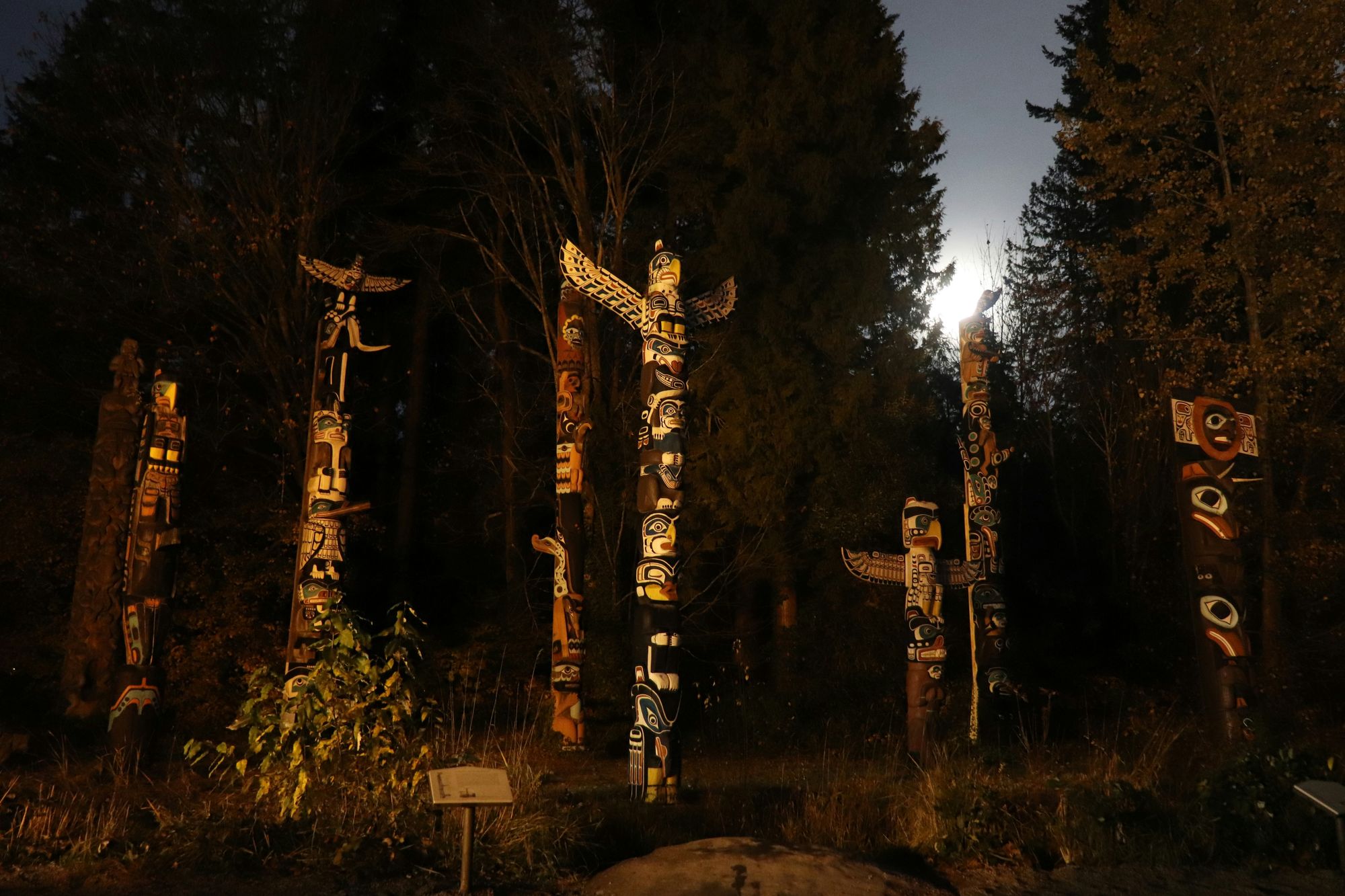Estate Administration for Indigenous Peoples in Canada

Estate administration is a complex process that becomes even more intricate when addressing the unique legal and cultural considerations for Indigenous Peoples in Canada. Indigenous estate administration often involves navigating a combination of federal, provincial, and Indigenous laws, as well as respecting cultural practices and traditions. Executors, family members, and communities must work collaboratively to ensure the estate is managed in a way that honors the deceased’s wishes and complies with legal obligations.
This guide provides an overview of estate administration for Indigenous Peoples in Canada, including legal frameworks, key steps, cultural considerations, and resources.
Legal Framework for Indigenous Estate Administration
Indigenous estate administration in Canada is governed by a mix of federal and provincial laws, as well as specific provisions for Indigenous Peoples living on reserves or holding Indian status under the Indian Act. Key legal frameworks include:
1. The Indian Act
For Indigenous Peoples registered under the Indian Act, estates are administered according to federal legislation:
- The Minister of Indigenous Services Canada (ISC) oversees the administration of estates for individuals living on reserves.
- Estates may be administered by:
- The ISC-appointed executor or administrator.
- A family member or community-appointed individual, with ISC approval.
For more details, visit the Government of Canada’s Indian Act Estates page.
2. Provincial/Territorial Laws
Indigenous Peoples not governed by the Indian Act follow provincial or territorial estate laws. These laws address:
- Probate procedures
- Wills and intestacy rules
- Estate distribution
Refer to provincial resources, such as:
3. Customary Law
In some cases, Indigenous communities apply customary laws to estate matters. These traditions vary by nation and may involve:
- Elders or councils guiding distribution.
- Cultural practices for honoring the deceased.
Customary laws may not always align with federal or provincial regulations, requiring sensitive navigation.
Key Steps in Indigenous Estate Administration
1. Identify Applicable Laws
Determine whether the deceased was subject to the Indian Act or provincial/territorial laws. Key considerations include:
- Did the deceased have Indian status?
- Did they live on or off reserve?
- Are there relevant community-based customary laws?
2. Locate and Validate the Will
If the deceased left a will:
- Validate the will’s authenticity through ISC (for Indian Act estates) or provincial probate courts.
- Ensure the will complies with applicable laws.
If there is no will, intestacy rules apply, which differ under the Indian Act and provincial laws.
3. Appoint an Executor or Administrator
The executor named in the will oversees the estate. If no executor is named or if the will is absent:
- ISC appoints an administrator for Indian Act estates.
- Provincial courts appoint an administrator for other estates.
4. Create an Estate Inventory
Compile a detailed inventory of the deceased’s assets, including:
- Real property (on and off reserve)
- Personal property
- Financial accounts
- Debts and liabilities
5. Determine Land Ownership
Under the Indian Act:
- Land on reserves cannot be sold or transferred without ISC approval.
- Customary landholding systems may impact how land is distributed.
For guidance, consult the ISC Land Management Guide.
6. Distribute the Estate
Distribute assets according to the will, applicable laws, or customary practices. Ensure:
- Compliance with tax obligations.
- Respect for cultural traditions.
Cultural Considerations in Indigenous Estate Administration
1. Respect for Traditional Practices
Indigenous communities often have unique traditions for honoring the deceased. These may include:
- Ceremonies or rituals
- Specific mourning periods
- Restrictions on discussing or handling certain items
Executors should consult with family members or community leaders to ensure cultural practices are respected.
2. Elders and Community Involvement
In some cases, elders or community councils play a key role in guiding estate decisions. Their involvement can:
- Provide clarity on customary laws.
- Help resolve disputes among family members.
3. Avoiding Conflict
Disputes over assets can be mitigated by:
- Facilitating open communication among family members.
- Engaging neutral mediators or community leaders for guidance.
Tax Implications for Indigenous Estates
Income Tax:
- File a final tax return for the deceased.
- Income earned on reserve may be tax-exempt under Section 87 of the Indian Act.
Estate Taxes:
- Canada does not impose estate taxes, but capital gains taxes may apply to certain assets.
Provincial Exemptions:
- Some provinces offer additional exemptions for Indigenous Peoples. Check with your provincial tax authority.
For more details, visit the Canada Revenue Agency (CRA).
Resolving Disputes in Indigenous Estates
1. Mediation
Disputes can often be resolved through mediation rather than litigation. Mediators with experience in Indigenous matters can:
- Facilitate discussions
- Ensure cultural sensitivities are respected
Find mediators through the ADR Institute of Canada.
2. ISC Appeals
For Indian Act estates, ISC provides an appeals process for disputes over:
- Executor appointments
- Distribution decisions
Learn more about appeals at the ISC Estates Program.
3. Provincial Courts
For estates governed by provincial laws, unresolved disputes may be taken to probate court. Seek legal advice for complex cases.
Resources for Indigenous Estate Administration
- Indigenous Services Canada: Comprehensive resources for Indian Act estates.
- Canada Revenue Agency (CRA): Tax guidance for Indigenous Peoples.
- Ontario Indigenous Justice Division: Legal support for Indigenous communities.
- ADR Institute of Canada: Mediation resources.
Estate administration for Indigenous Peoples in Canada involves navigating a complex intersection of federal laws, provincial regulations, and cultural practices. Executors and family members must approach the process with care, respecting both legal obligations and the deceased’s cultural heritage.
By consulting relevant resources, seeking professional guidance, and engaging with the community, you can ensure the estate is managed in a way that honors the deceased’s wishes and supports the family and community.
Disclaimer: This guide is for informational purposes only and does not constitute legal, financial, or tax advice. Consult qualified professionals for advice tailored to your specific situation.




